Energy
-
One of a Kind

By building a truly world-class energy engineering facility, Texas Engineering is positioned like no other to generate new ideas to meet the current and future demand for energy.
-
Inventing the Rechargeable World
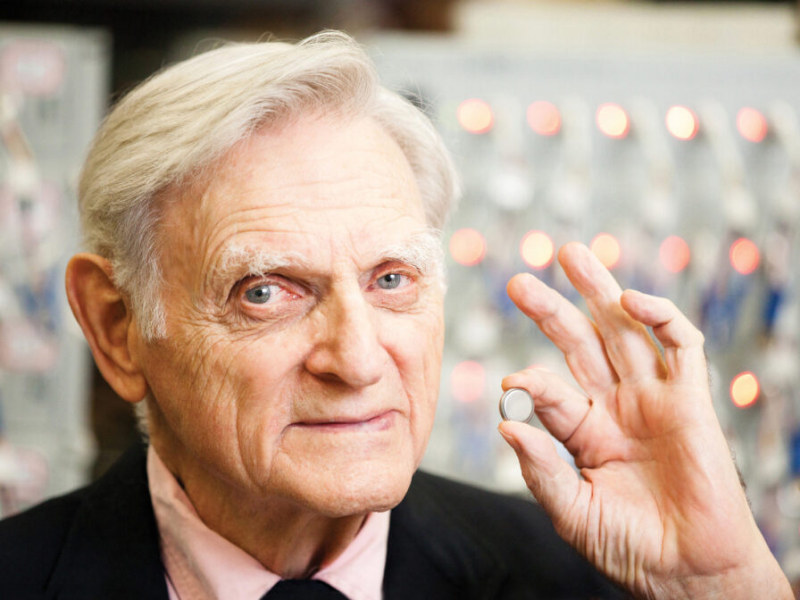
John Goodenough was awarded the 2019 Nobel Prize in Chemistry for his pioneering development of the lithium-ion battery.
-
Battery U
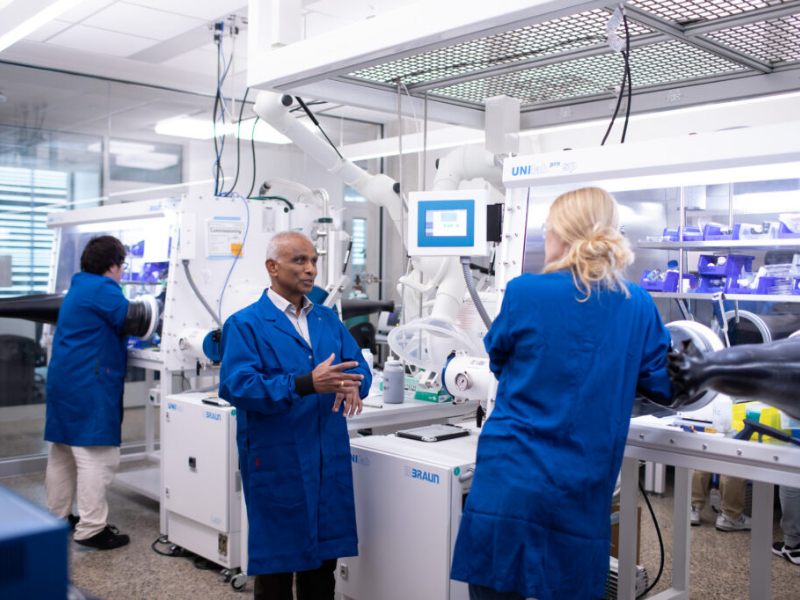
The University of Texas at Austin has emerged as a leader in batteries and energy storage, fueled by top-tier faculty and students and investment in technology and facilities.
-
How Wastewater and Gas Flares Could Supercharge Green Hydrogen Production

Texas Engineer Vaibhav Bahadur is researching how oil and gas byproducts could be repurposed to serve as key elements in creating “green” hydrogen.
-
First-of-its-Kind Hydrogen Proto-Hub Galvanizes Production of Low-Carbon Hydrogen
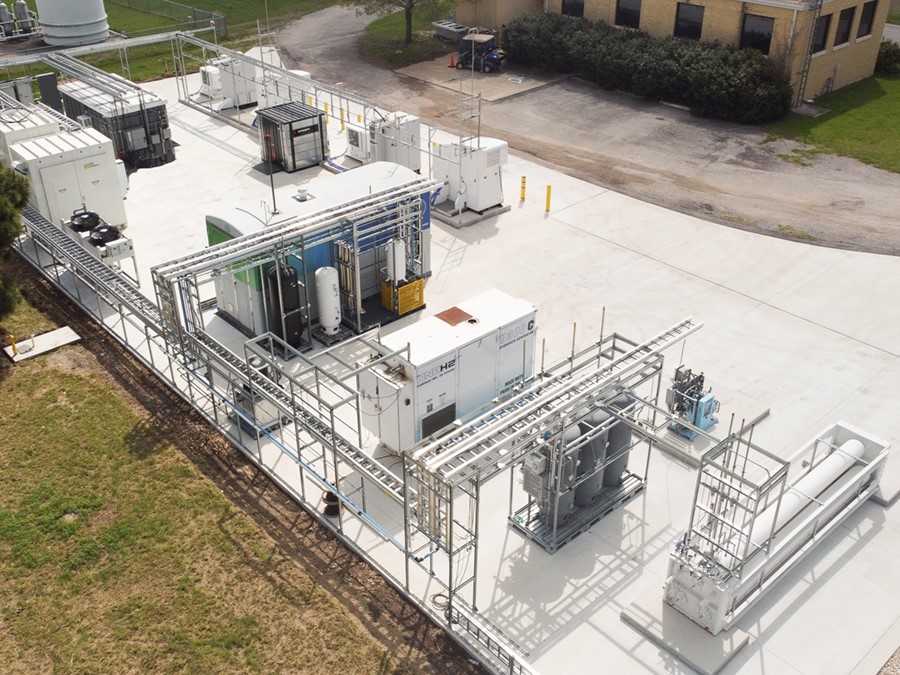
The University of Texas at Austin’s Center for Electromechanics, Frontier Energy and GTI Energy today hosted the grand opening of a new hydrogen research and demonstration facility.
-
How Potatoes, Corn and Beans Led to Smart Windows Breakthrough
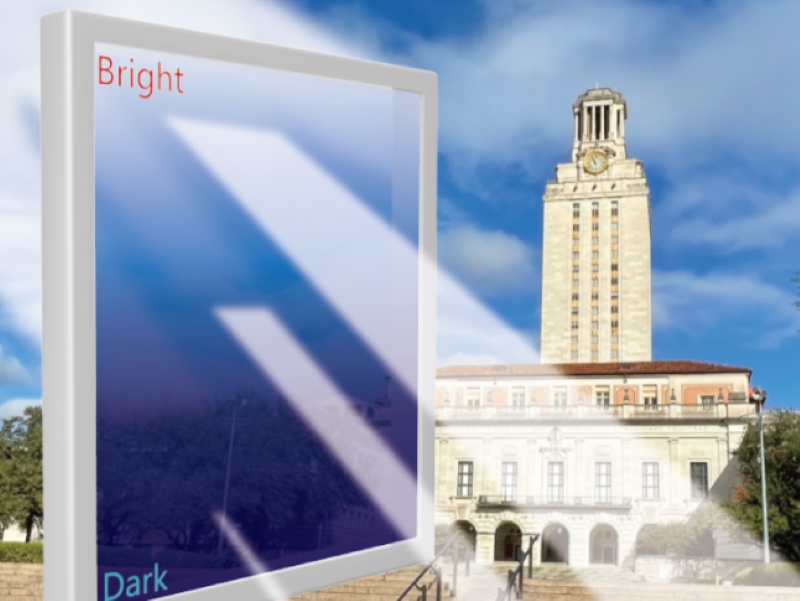
A study from researchers at The University of Texas at Austin aims to reduce the costs of smart windows by creating a new type of electrochromic device and materials.
-
Cooler Transformers Could Help the Electrical Grid
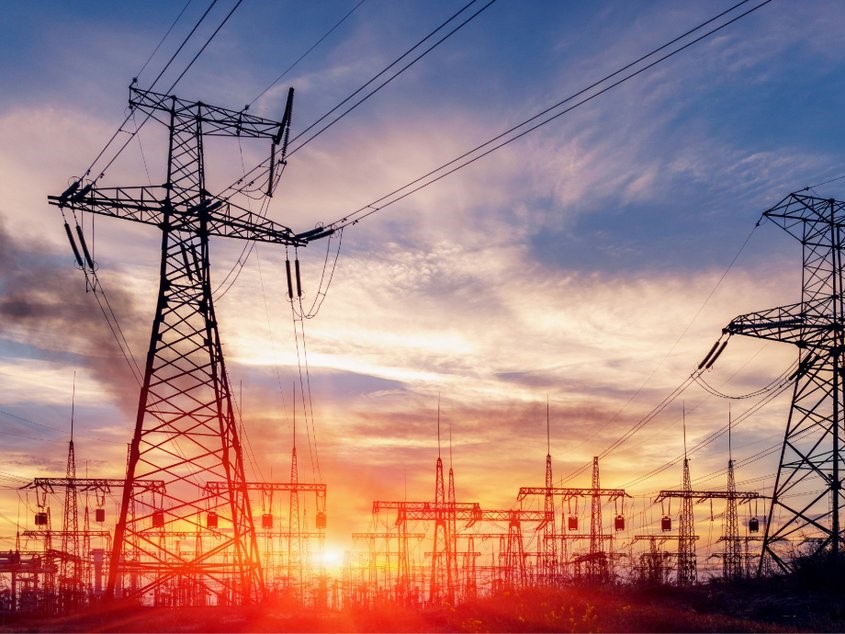
Following the 2021 winter storm, UT Austin researchers looked inside grid transformers to see if they could make them better.
-
Study: Texas Can Lead the New Hydrogen Economy

A new study highlights the potential for Texas to become a global leader in the development of a robust hydrogen economy.
-
To the Center of the Earth
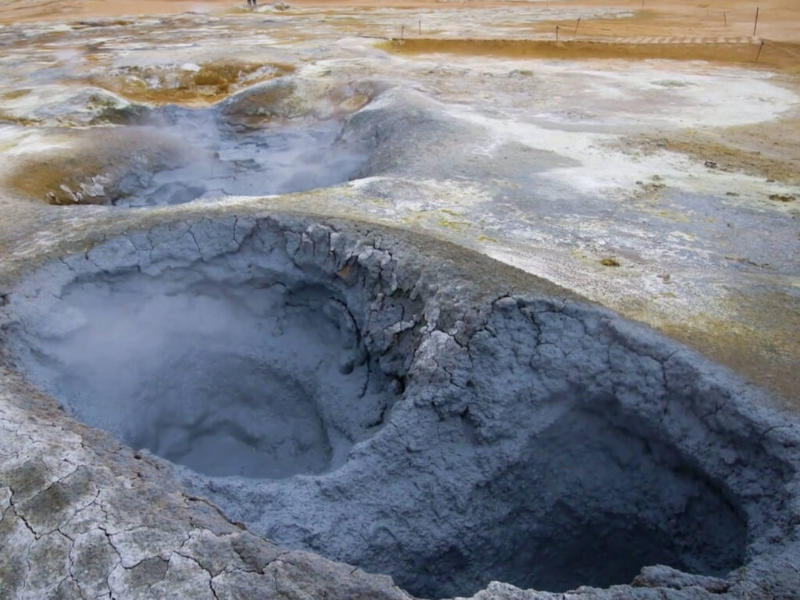
Geothermal energy looks to be a global energy game-changer — and Cockrell School researchers are major players in advancing the technology.
-
Fire-Resistant Sodium Battery Balances Safety, Cost and Performance
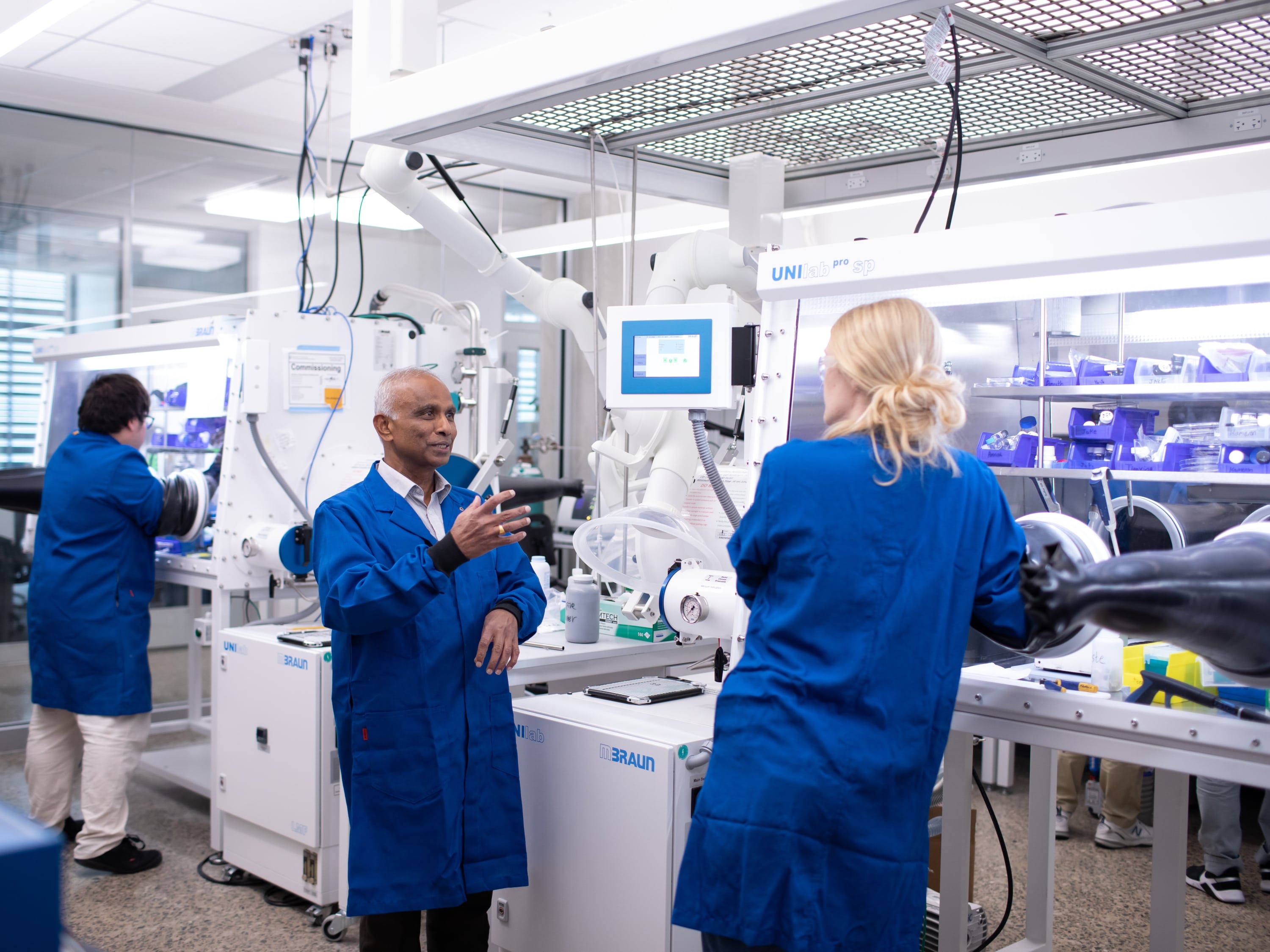
A sodium battery developed by researchers at The University of Texas at Austin significantly reduces fire risks from the technology, while also relying on inexpensive, abundant materials to serve as its building blocks.
-
How AI Can Bolster Power Grid's Resistance to Weather, Cyberattacks

Texas Engineer Javad Mohammadi has dedicated his research to strengthening power grids, using artificial intelligence to make them more resistant to evolving threats.
-
Injectable Water Filtration System Could Improve Access to Clean Drinking Water Around the World

More than 2 billion people, approximately a quarter of the world’s population, lack access to clean drinking water. A new, portable and affordable water filtration solution created by researchers at The University of Texas at Austin aims to change that.
-
Digital Twin of UT Campus Visualizes Present, Past, Future Energy Needs
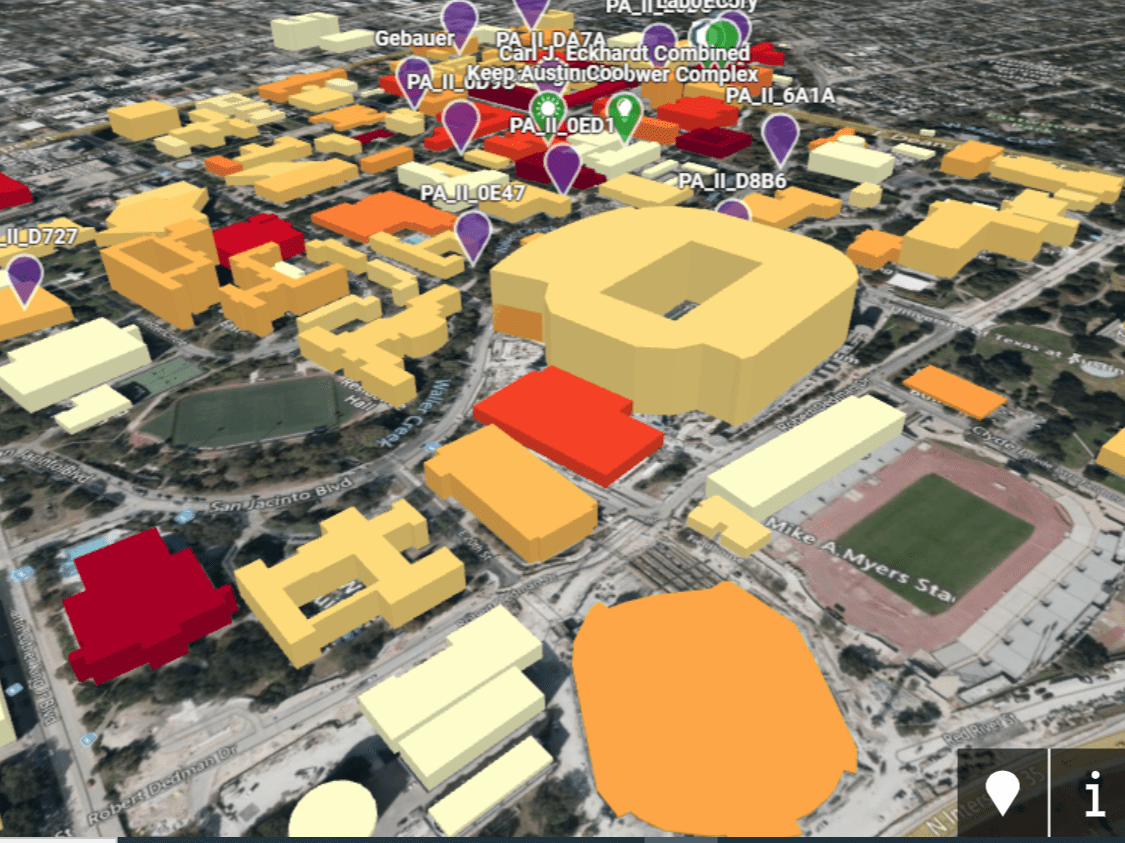
A new “digital twin” of The University of Texas at Austin campus gives the clearest picture yet of historical and current energy usage across the Forty Acres — from engineering labs, to medical facilities, to sports stadiums, to residence halls.
-
Revving Up EV Battery Technology: NSF's Commercialization Program Sparks Innovation

A new battery technology is poised to boost electric vehicle capabilities by increasing how far a vehicle can go on a single charge and enabling more sustainable transportation. It could help usher in a future where electric vehicles play a major role in redefining mobility and environmental responsibility.
-
Regional Energy Hub Will Expand Clean Hydrogen Production and Provide New Jobs
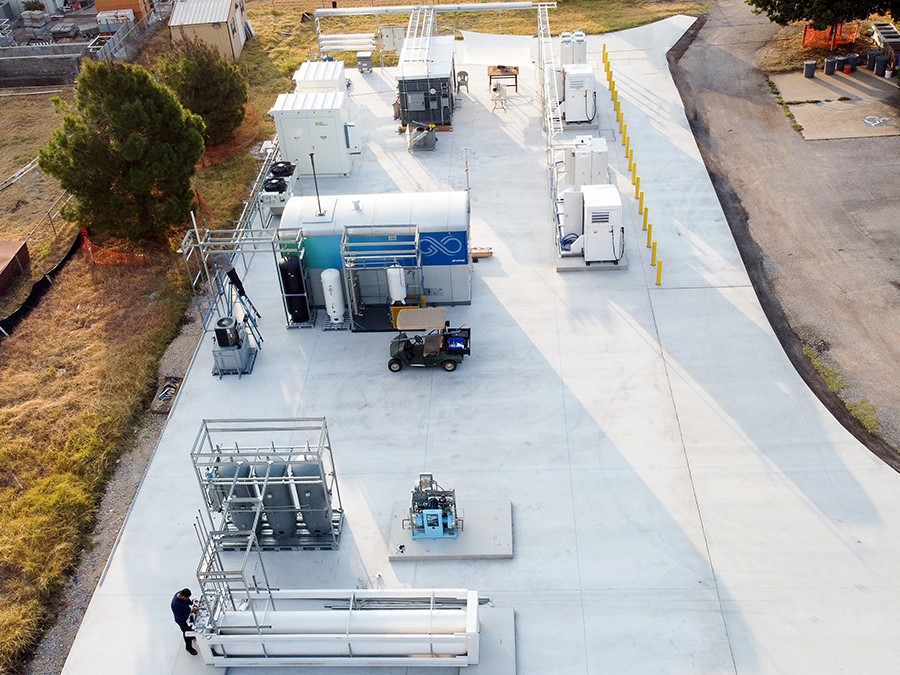
The University of Texas at Austin is the leading academic organization and a founding member of the new HyVelocity Hydrogen Hub that will deliver clean hydrogen innovation and good-paying jobs to local communities in Texas and southwest Louisiana, a region that is home to one of the world's largest concentrations of hydrogen production, pipelines and users.
-
Crack Formation in EV Battery Electrodes Unraveled
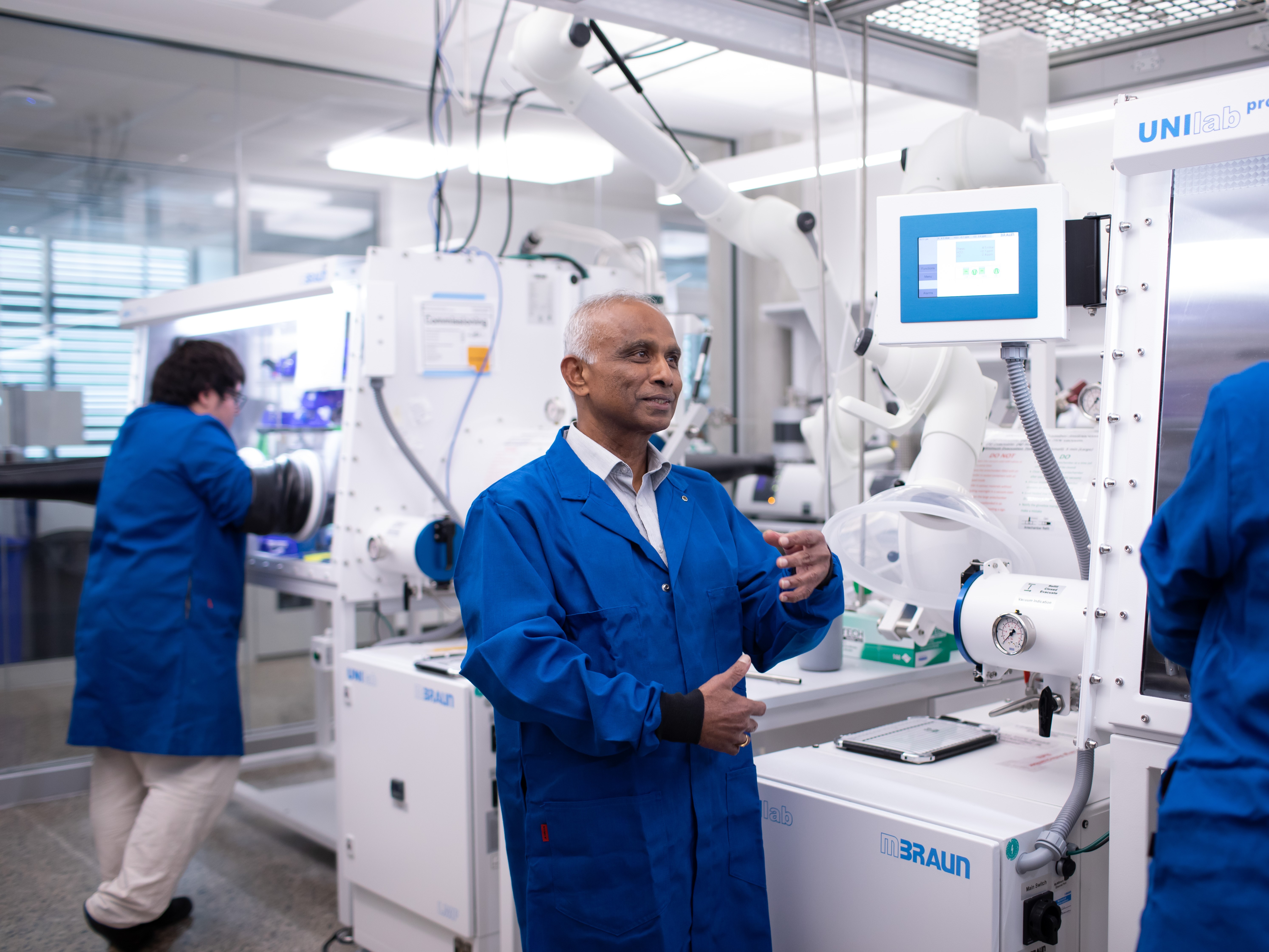
Battery experts at The University of Texas at Austin have shed new light on a critical issue facing battery components commonly used in electric vehicles.
-
Goodenough Spinout Gets Discovery to Impact Investment
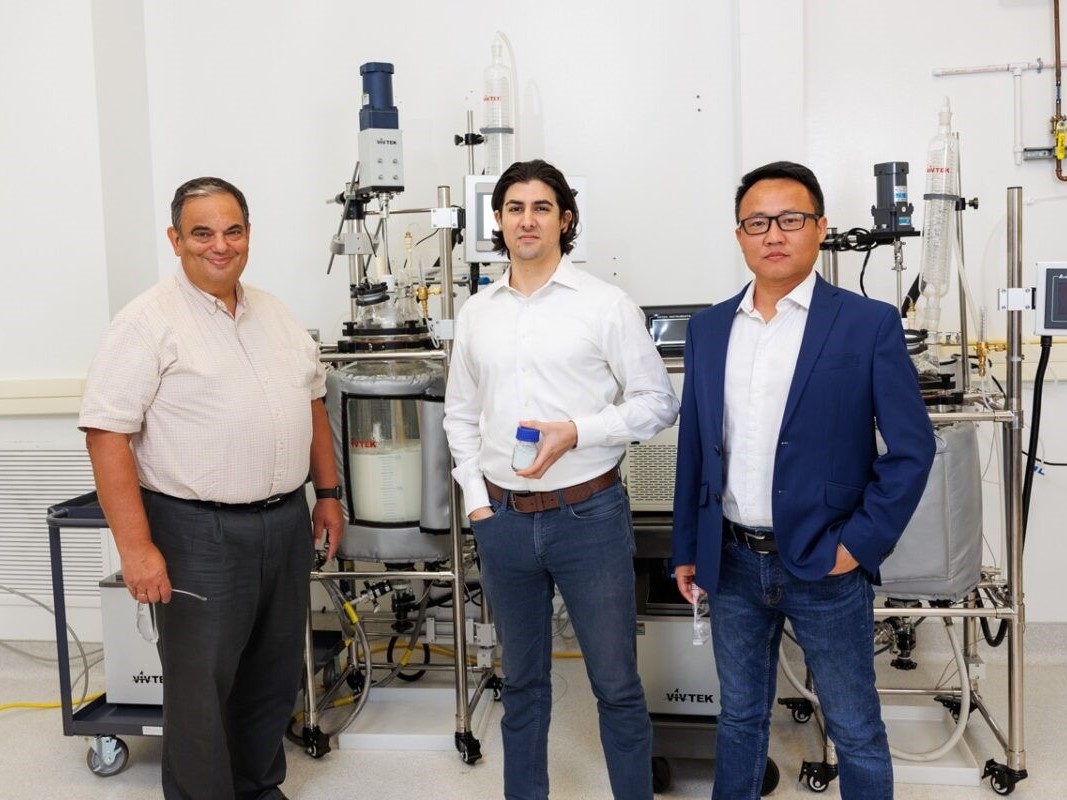
A startup born out of the late 2019 Nobel laureate Professor John Goodenough’s lab that is developing a cost-effective alternative to lithium-ion batteries is getting support from Discovery to Impact, The University of Texas at Austin's research commercialization group.
-
Cockrell School Teams Up With KBH Energy Center

Energy security is getting a boost at The University of Texas at Austin. The Cockrell School of Engineering will now partner with the Kay Bailey Hutchison Energy Center.
-
Michael Webber's PBS Energy Show Gets a 2nd Season
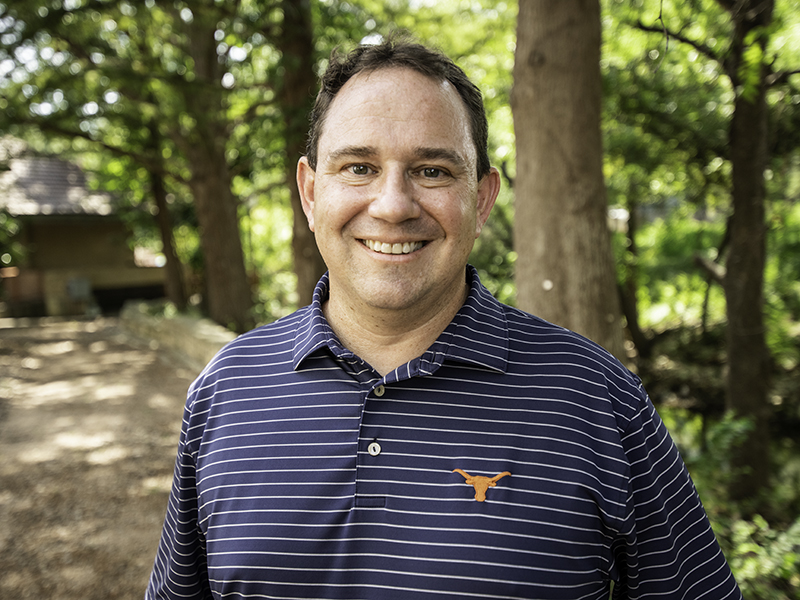
The journey through the past, present and future of energy continues as “Power Trip: The Story of Energy” returns for a second season airing on PBS nationwide.
-
Eliminating CO2 Emissions from Manufacturing the Goal of Major Research Alliance
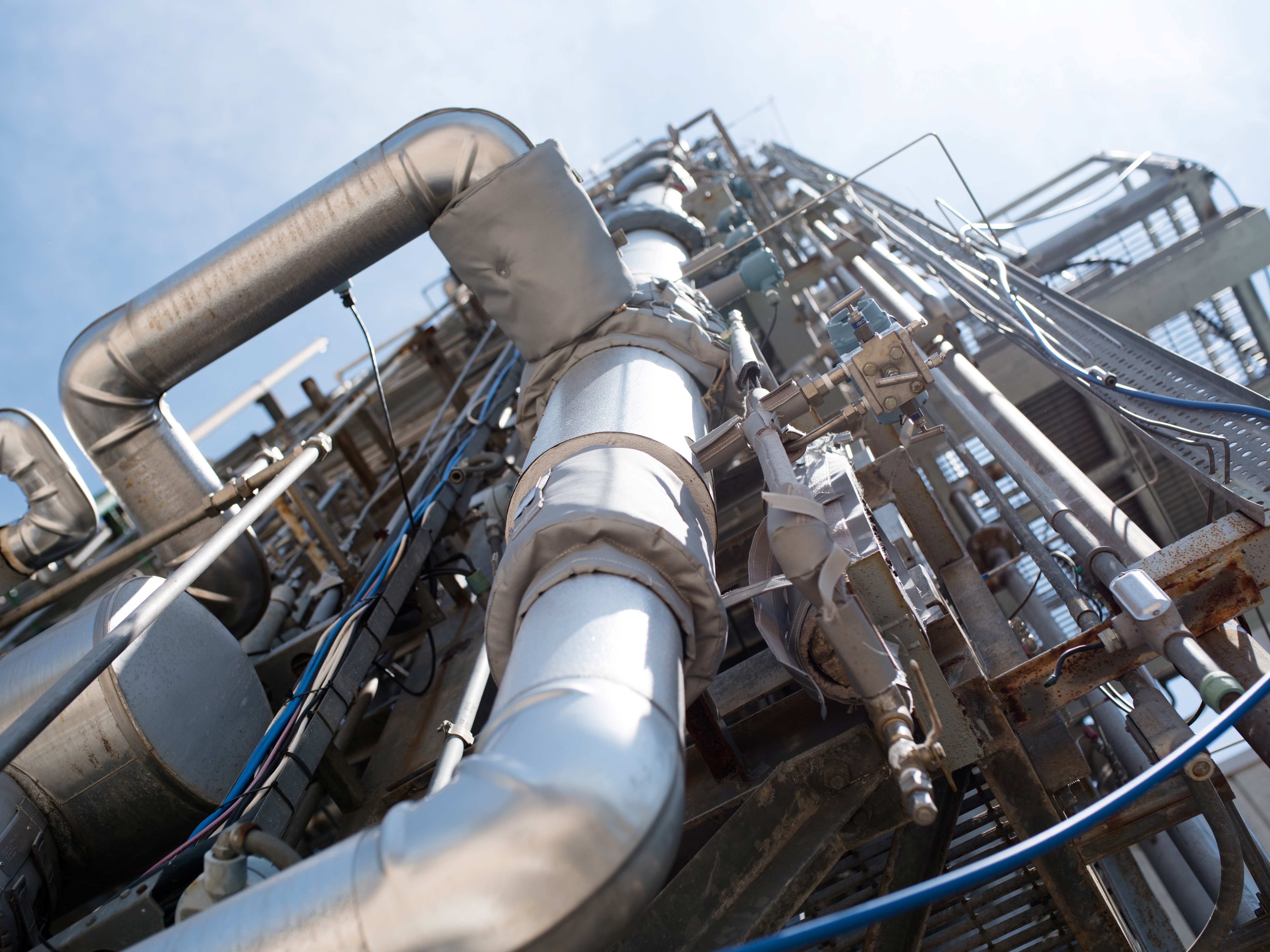
An alliance of nine universities, three national labs and 37 companies will tackle one of the biggest hurdles to decarbonizing manufacturing: carbon dioxide emissions from generating process heat.
Researchers at The University of Texas at Austin will play a significant role in the effort that aims to replace the energy source that powers most manufacturing processes, swapping out hydrocarbon fuels for clean electricity – generated through renewable sources such as solar and wind. Doing this could make a major impact, as manufacturing represents more than 30% of U.S. carbon dioxide emissions.







